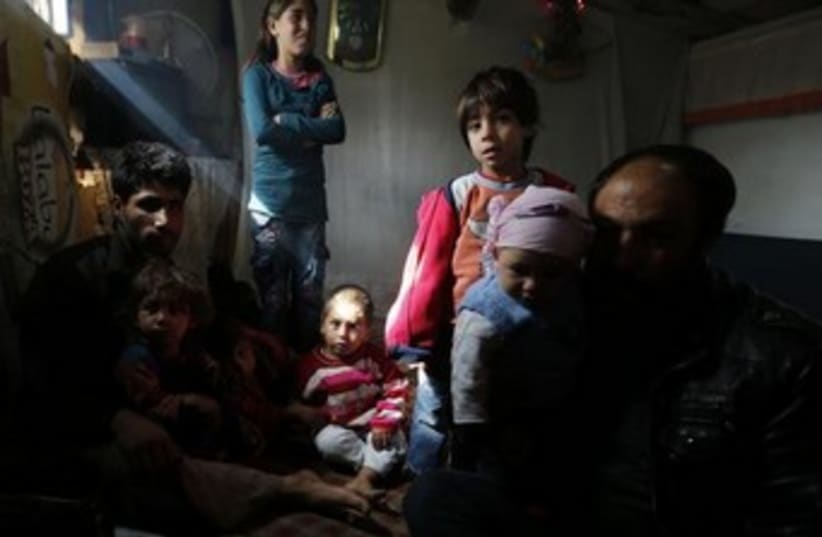Rebels with a cause: Payback, Israel and a post-Assad Syria
In an exclusive, The Jerusalem Post talks to Syrian refugees on the Turkish border. They insist their belief in God will make them victorious over Assad and envision a Turkey-like Islamic regime in Syria.
